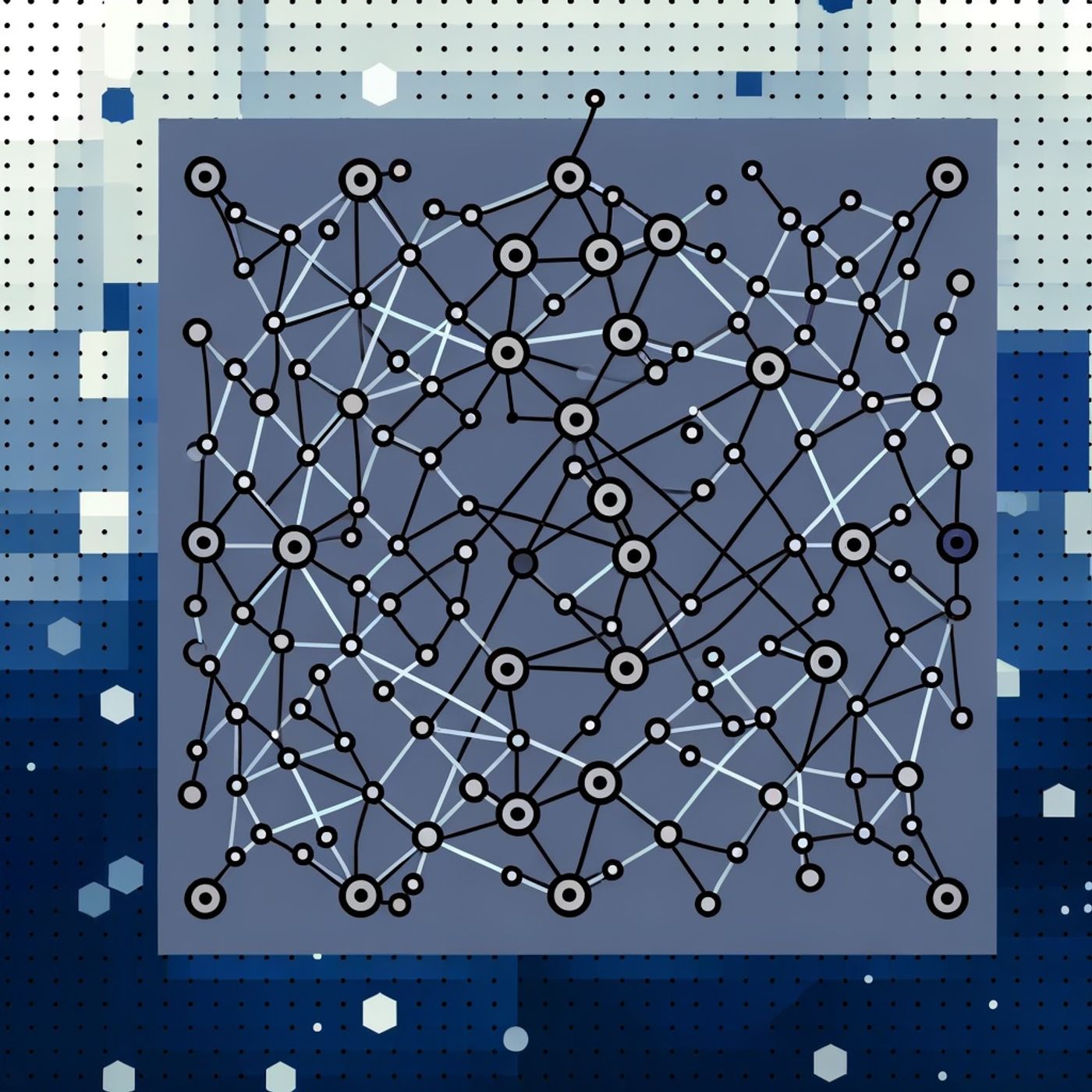Listen "AI Revolutionizes Healthcare and Software Development: How Algorithms Are Transforming Personal and Professional Landscapes in 2025"
Episode Synopsis
In 2025, the concept of the algorithmic life is not just a theoretical or philosophical topic—it’s a daily reality touching health, business, science, and even democracy. Algorithms, particularly those powered by artificial intelligence, are steering some of the most innovative breakthroughs and also sparking fresh debate over the pace and direction of human progress. Recent developments illuminate both the astonishing power and the growing pains of algorithm-driven decision-making.Take the medical field for example, where a team from University of Leeds and Université Grenoble Alpes introduced an AI-powered algorithm that customizes pacemaker settings for each individual. This tool predicts how much battery power various pacemaker features consume, enabling doctors and patients to optimize device functions for longer life and fewer surgeries—a step toward healthcare that’s not just smarter, but profoundly more personal. Professor Pascal Defaye called it a unique approach, giving both clinicians and manufacturers, for the first time, a side-by-side comparison of device performance based on real-world data. The result is more sustainable and patient-centered care, potentially revolutionizing not just cardiac medicine but medical technology at large.In software, developers now find themselves living an algorithmic life in their own right. AI-driven platforms like GitHub Copilot and ChatGPT are transforming the craft, letting coders move faster and focus on creativity while algorithms handle repetitive tasks and bug detection. Industry voices such as Dynamic Methods argue that developers who ignore these tools risk obsolescence, as companies across retail, finance, and health rely on algorithmic systems to boost efficiency and personalize services. Challenges remain, of course. Issues around algorithmic bias and data privacy are real—and pressing. But there’s also a wave of optimism: with responsible development and robust human oversight, the marriage of human intelligence and algorithmic reasoning is making possible what once seemed impossible.Yet, as Cal Newport points out in his critique of superintelligence discourse, it’s easy for some to treat the rise of the algorithmic life as inevitable, or even quasi-religious. He notes that, for every breathless claim about AI gods, there are skeptics who remind us that conviction is not the same as evidence. Amid the hype, Newport urges that AI’s limits are just as important as its advances, insisting that current models still fall far short of science fiction’s dreams. That ambiguity is essential—for it grounds the argument that our algorithmic future depends on careful, ongoing scrutiny, not just awe.As listeners watch algorithms shape everything from medical devices to online discourse, the algorithmic life is less about surrendering control and more about choosing which decisions to keep human and which to automate. Thank you for tuning in—don’t forget to subscribe. This has been a quiet please production, for more check out quiet please dot ai.Some great Deals https://amzn.to/49SJ3QsFor more check out http://www.quietplease.aiThis content was created in partnership and with the help of Artificial Intelligence AI
More episodes of the podcast The Algorithmic Life
AI Reshaping Society: How Algorithms Are Transforming Work, Culture, and Human Connection in 2025
28/10/2025
AI Revolution Transforms Healthcare, Business, and Governance: Inside the Algorithmic Life of 2025
18/10/2025
 ZARZA We are Zarza, the prestigious firm behind major projects in information technology.
ZARZA We are Zarza, the prestigious firm behind major projects in information technology.
